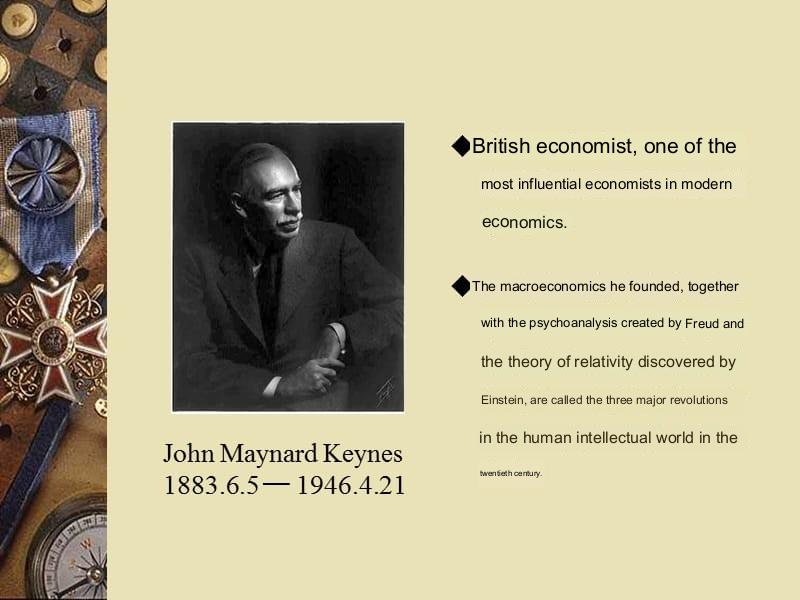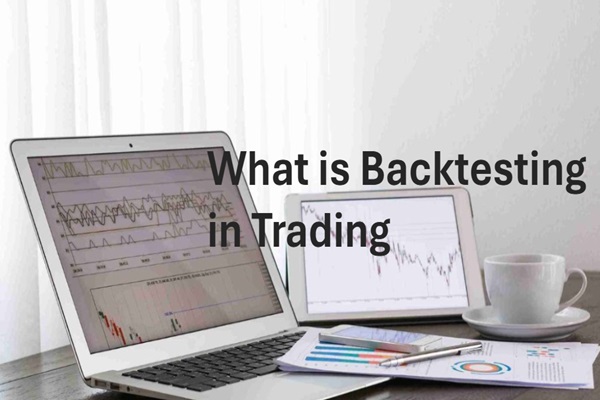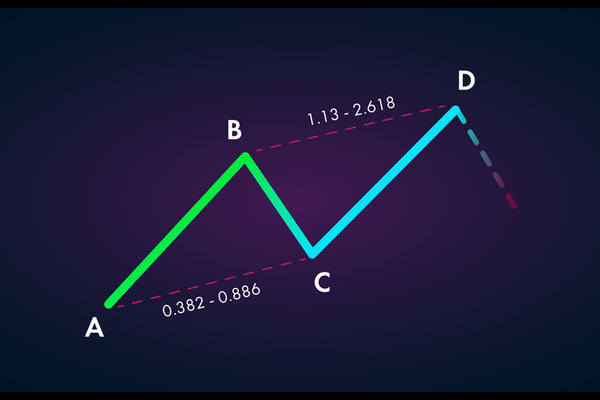The Keynesian theory of money demand is one of the most significant
developments in the theory of the monetary economy. It is an important component
of the well-known Keynesian Revolution and holds a very important position in
the history of economic development. It forms the economic basis for discussions
on numerous monetary and economic topics and is also one of the theoretical
foundations for analyzing and evaluating macroeconomic policy performance.
However, Keynesian money demand theory is not limited to perfection. With the
further development of modern economic theory and the increasing emphasis on
microfoundations, Keynesian money demand theory has also shown several
shortcomings. Therefore, from the perspective of the diversified development of
modern economics, we need to recognize the development and limitations of
Keynesian money demand theory. This has significant implications for promoting
theoretical research on currency demand issues and correctly understanding the
role of monetary policy.

Keynesian money demand theory is a theoretical framework proposed by
economist John Maynard Keynes to explain money demand. Keynesian money demand
theory plays an important role in Keynesian economics, explaining the demand for
money and the impact of the money supply on economic activities.
According to Keynes, currency is not only a medium for exchanging goods and
services but also has the characteristic of being an asset. Keynes divided the
demand for money into three main motivations: trading motivation, prevention
motivation, and investment motivation.
Firstly, transaction motivation refers to individuals and businesses holding
currency for daily transactions and payment needs. Keynes believed that the
demand for money was closely related to economic activity and trading volume. As
the trading volume increases, the demand for currency will also increase.
Secondly, preventive motivation refers to individuals and businesses holding
currency in response to uncertainty and risk. Keynes believed that holding
currency could provide a safe reserve to deal with emergencies or unexpected
events. Therefore, the monetary demand for preventive motives is related to the
degree of uncertainty in the economy.
Finally, speculative motivation refers to individuals and businesses
adjusting their currency holdings based on their expectations of changes in
currency value. Keynes believed that speculative behavior could lead to an
imbalance between money supply and demand, leading to inflation or
deflation.
The Keynesian theory of money demand emphasizes the impact of money supply on
economic activity and inflation. According to Keynes' view, an increase in the
money supply will stimulate economic activity and investment, but if the money
supply grows too fast, it may lead to inflation. Therefore, Keynes suggested
that the government and central bank stabilize the economy and control inflation
by adjusting the money supply.
Although Keynesian money demand theory has been criticized to some extent, it
provides an important framework for understanding the role and impact of money
in the economy. This theory has guiding significance for macroeconomic and
monetary policy formulation and provides a theoretical basis for achieving
economic stability and growth.
Disclaimer: Investment involves risk. The content of this article is not an investment advice and does not constitute any offer or solicitation to offer or recommendation of any investment product.







